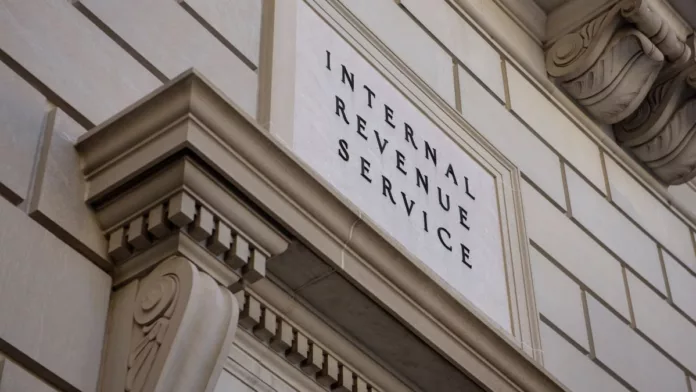
Filing your taxes this year? A small mistake could cost you thousands from the IRS in fines. Here’s what you need to know.
Why the IRS Is Handing Out $5,000 Fines
With tax season in full swing, the IRS is cracking down on what they call “frivolous” tax returns—ones that intentionally misrepresent information or attempt to delay the process. If your return falls into this category, you could be slapped with an automatic $5,000 penalty.
This penalty was introduced to discourage fraudulent tax claims and slowdowns in tax processing. While it primarily targets those trying to cheat the system, even an honest mistake could put you in the IRS’s crosshairs.
What Qualifies as a Frivolous Tax Return?
The IRS defines a frivolous tax return as one that:
- Is missing critical financial information needed for processing.
- Contains incorrect or misleading information on its face.
- Is filed with the intent to delay tax payments.
- Includes a “protest” against paying taxes based on unfounded legal arguments.
How to Avoid the $5,000 Fine
The IRS isn’t looking to punish taxpayers who make an honest mistake, but there are a few key things you should do to avoid getting caught in this penalty:
- Be truthful and accurate: Double-check all income, deductions, and personal information before submitting.
- Use a professional: If you’re unsure about your return, hiring a certified tax preparer can save you from potential fines.
- Ensure all necessary signatures: Returns without proper signatures or missing Preparer Tax Identification Numbers (PTINs) can raise red flags.
- Respond to IRS notices: If you receive a letter regarding your tax return, correct any mistakes within 30 days to avoid penalties.
What to Do If You Get a Notice
If you receive a letter from the IRS stating that your return is considered frivolous, don’t panic. The IRS provides a 30-day window for corrections before applying the penalty.
Here’s what you should do:
- Review the notice carefully to understand what triggered the penalty.
- Contact the IRS directly for clarification if the letter is unclear.
- Submit a corrected return as soon as possible to avoid further fines.
Final Thoughts: Play It Safe This Tax Season
Filing taxes can be stressful, but taking your time to ensure accuracy can save you thousands in unexpected fines. Stay informed, use professional help when needed, and always respond to IRS notices promptly.
Avoiding this penalty is simple—file correctly, be transparent, and don’t fall for tax myths that could get you in trouble.
- IRS Warning: How to Avoid the $5,000 Tax Fine This Season - February 3, 2025
- Groundhog Day 2025: Phil’s Prediction Has Everyone Talking - February 2, 2025
- Groundhog Day Secrets: How Accurate Are the Predictions? - February 2, 2025















